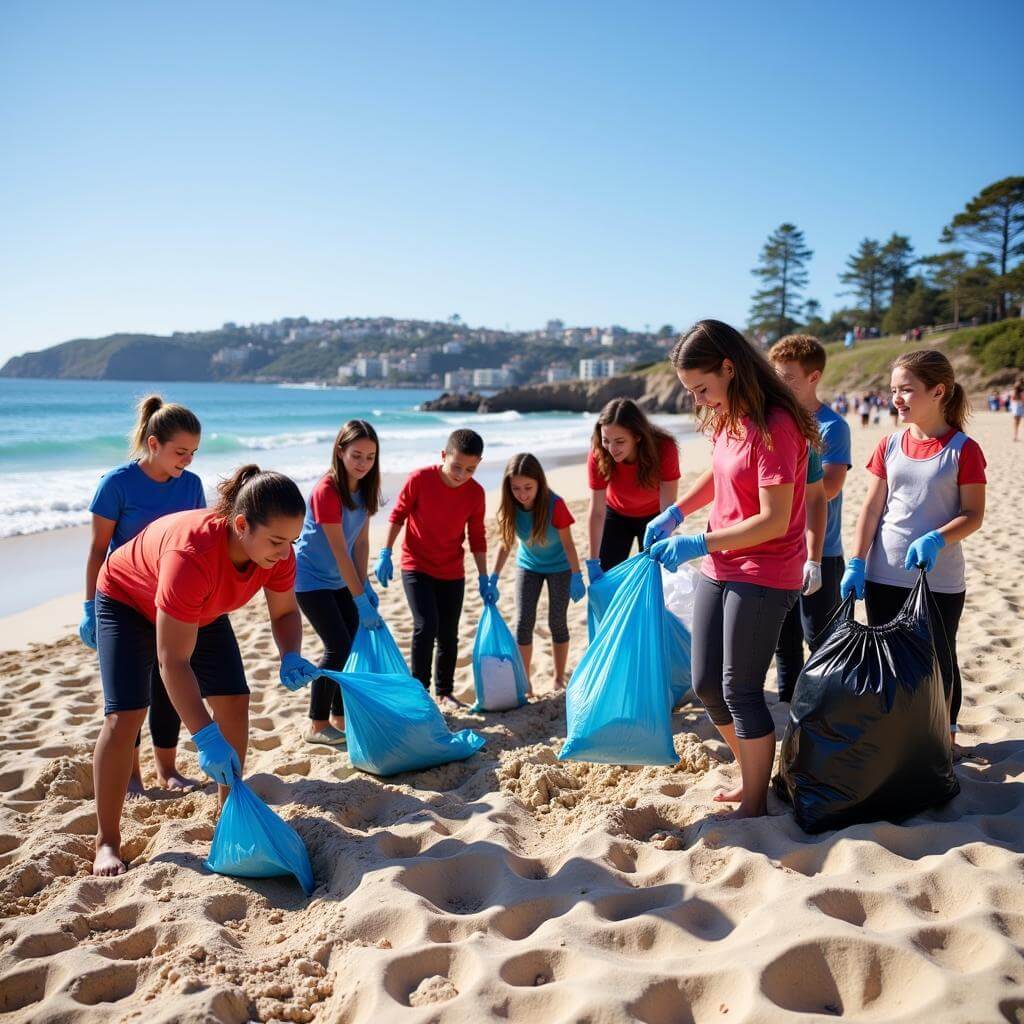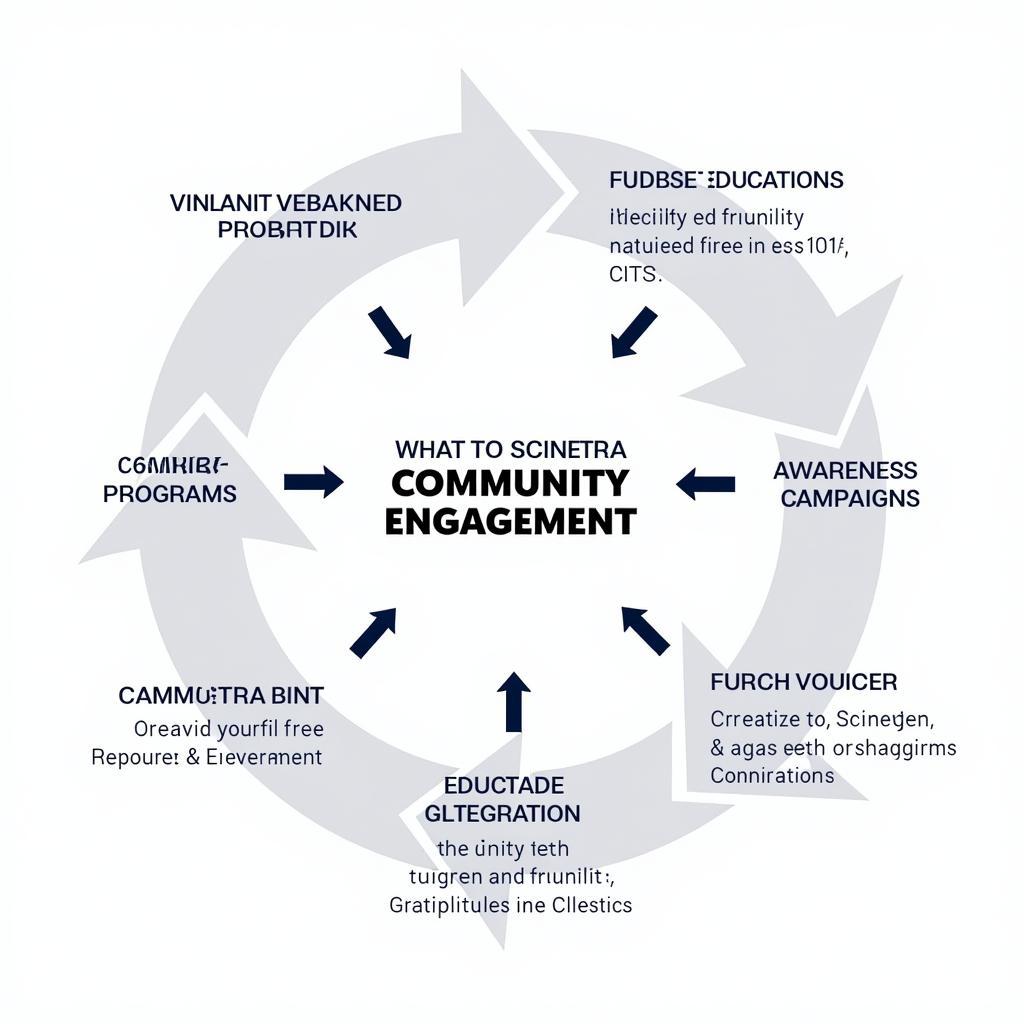Group activities are a common topic in IELTS Speaking tests, particularly in Part 2 and Part 3. This theme allows examiners to assess your ability to describe experiences, express opinions, and discuss social interactions. Let’s explore how to effectively tackle questions related to group activities and provide sample answers that can help you achieve a high band score.
Describe a cultural event or festival you attended is another related topic that often appears in IELTS Speaking tests. Being prepared for such topics can significantly boost your confidence during the exam.
Part 1: Introduction and Interview
In Part 1, the examiner may ask you some general questions about group activities. Here’s a sample question with a suggested answer:
Q: Do you enjoy participating in group activities?
A: (Band 7-8 response) Absolutely, I find group activities incredibly rewarding. They provide an excellent opportunity to collaborate with others and learn from diverse perspectives. Whether it’s a team project at work or a community event, I always look forward to the synergy that comes from working together towards a common goal.
Part 2: Long Turn
Here’s a sample cue card related to describing a recent group activity:
Describe a recent group activity you participated in
You should say:
- What the activity was
- Where and when it took place
- Who you did it with
- And explain how you felt about this activity
Sample answer (Band 8-9):
“I’d like to talk about a beach cleanup initiative I recently participated in, which was truly an eye-opening experience. This environmentally-focused group activity took place last month at Bondi Beach in Sydney, Australia.
The event was organized by a local environmental NGO and attracted a diverse group of volunteers, including students, professionals, and retirees. We all shared a common goal of preserving our coastal ecosystem and raising awareness about the devastating impact of plastic pollution on marine life.
Our task was to systematically comb the beach, collecting and categorizing various types of waste. We worked in small teams, each responsible for a specific section of the beach. My team consisted of five people, including a marine biologist who provided fascinating insights into the local ecosystem.
The experience was both rewarding and sobering. On one hand, it was heartening to see so many people coming together for a noble cause. The sense of camaraderie and shared purpose was palpable, and we made tangible progress in cleaning up the beach. On the other hand, it was disheartening to witness the sheer volume of waste we collected, which really drove home the magnitude of the pollution problem.
Overall, this group activity left me feeling simultaneously inspired and determined. Inspired by the collective effort and the positive change we could achieve in just a few hours, and determined to continue making environmentally conscious choices in my daily life. It reinforced my belief in the power of community action and the importance of taking responsibility for our environment.”
 Beach cleanup initiative at Bondi Beach, Sydney
Beach cleanup initiative at Bondi Beach, Sydney
Follow-up questions:
Q: How did this activity differ from other group activities you’ve been involved in?
A: (Band 8-9) This beach cleanup stood out from other group activities I’ve participated in due to its immediate and tangible impact. Unlike some team-building exercises or social events, we could visibly see the difference we were making to the environment in real-time. It also fostered a deeper sense of community connection, as we were all united by a shared concern for our local ecosystem, transcending the usual social or professional boundaries.
Q: Do you think such environmental activities can make a long-term difference?
A: (Band 8-9) While individual cleanup events may seem like a drop in the ocean, I firmly believe they can contribute to long-term positive change. These activities serve as powerful educational tools, raising awareness about environmental issues and inspiring participants to adopt more sustainable habits in their daily lives. Moreover, they can create a ripple effect, encouraging others to take action and potentially influencing policy decisions at a local or even national level.
Part 3: Two-way Discussion
Q: How do you think group activities contribute to personal development?
A: (Band 8-9) Group activities play a crucial role in personal development by providing opportunities to hone various soft skills. They foster teamwork and collaboration, essential qualities in both professional and personal spheres. Participants often develop better communication skills as they learn to express ideas clearly and listen actively to others. Moreover, group activities can boost confidence and leadership abilities, as individuals take on different roles within the team. They also expose us to diverse perspectives, broadening our horizons and enhancing our cultural intelligence. Ultimately, these experiences contribute to creating well-rounded individuals who are better equipped to navigate complex social and professional landscapes.
Describe a sports event you participated in is another topic that can help you practice describing group activities in a different context.
Q: In what ways can governments encourage more people to participate in community group activities?
A: (Band 8-9) Governments can play a pivotal role in promoting community engagement through various strategies. Firstly, they could implement incentive programs, such as tax breaks or recognition awards for individuals and organizations actively involved in community service. Allocating funds for community projects and creating user-friendly platforms to connect volunteers with opportunities could also boost participation. Additionally, integrating community service into school curricula would instill the value of civic engagement from a young age. Governments could also launch public awareness campaigns highlighting the benefits of group activities, both for individuals and society. Lastly, streamlining bureaucratic processes for organizing community events and providing necessary resources (like public spaces or equipment) would make it easier for people to initiate and participate in group activities.
 Government initiatives to encourage community engagement
Government initiatives to encourage community engagement
Key Vocabulary and Phrases for High Scores
-
Collaborate (verb) /kəˈlæbəreɪt/ – To work jointly on an activity or project
Example: We often collaborate with other departments to achieve company-wide goals. -
Synergy (noun) /ˈsɪnədʒi/ – The interaction of elements that when combined produce a total effect greater than the sum of the individual elements
Example: The synergy within our team led to innovative solutions we couldn’t have developed individually. -
Initiative (noun) /ɪˈnɪʃətɪv/ – The ability to assess and initiate things independently
Example: The beach cleanup initiative was entirely organized by local volunteers. -
Camaraderie (noun) /ˌkæməˈrɑːdəri/ – Mutual trust and friendship among people who spend a lot of time together
Example: The camaraderie among team members made the challenging project enjoyable. -
Tangible (adjective) /ˈtændʒəbl/ – Clear and definite; real
Example: We made tangible progress in reducing plastic waste on the beach.
Describe an exciting experience you have had recently can also provide useful vocabulary and structures for describing group activities.
Examiner’s Advice
To excel in the IELTS Speaking test when discussing group activities:
- Use a variety of descriptive language to bring your experience to life.
- Structure your answer logically, addressing all parts of the question.
- Incorporate relevant idioms and advanced vocabulary naturally.
- Provide specific examples to support your points.
- Express your thoughts and feelings about the experience to demonstrate depth of language.
- Practice speaking about different types of group activities to improve fluency and confidence.
Remember, the key to a high score is not just about what you say, but how you say it. Aim for clarity, coherence, and a natural flow in your responses.
Describe a memorable outdoor activity is another topic that can help you practice describing experiences in a vivid and engaging manner.
By following these guidelines and practicing regularly, you’ll be well-prepared to discuss group activities and other related topics in your IELTS Speaking test, potentially boosting your chances of achieving a high band score.


